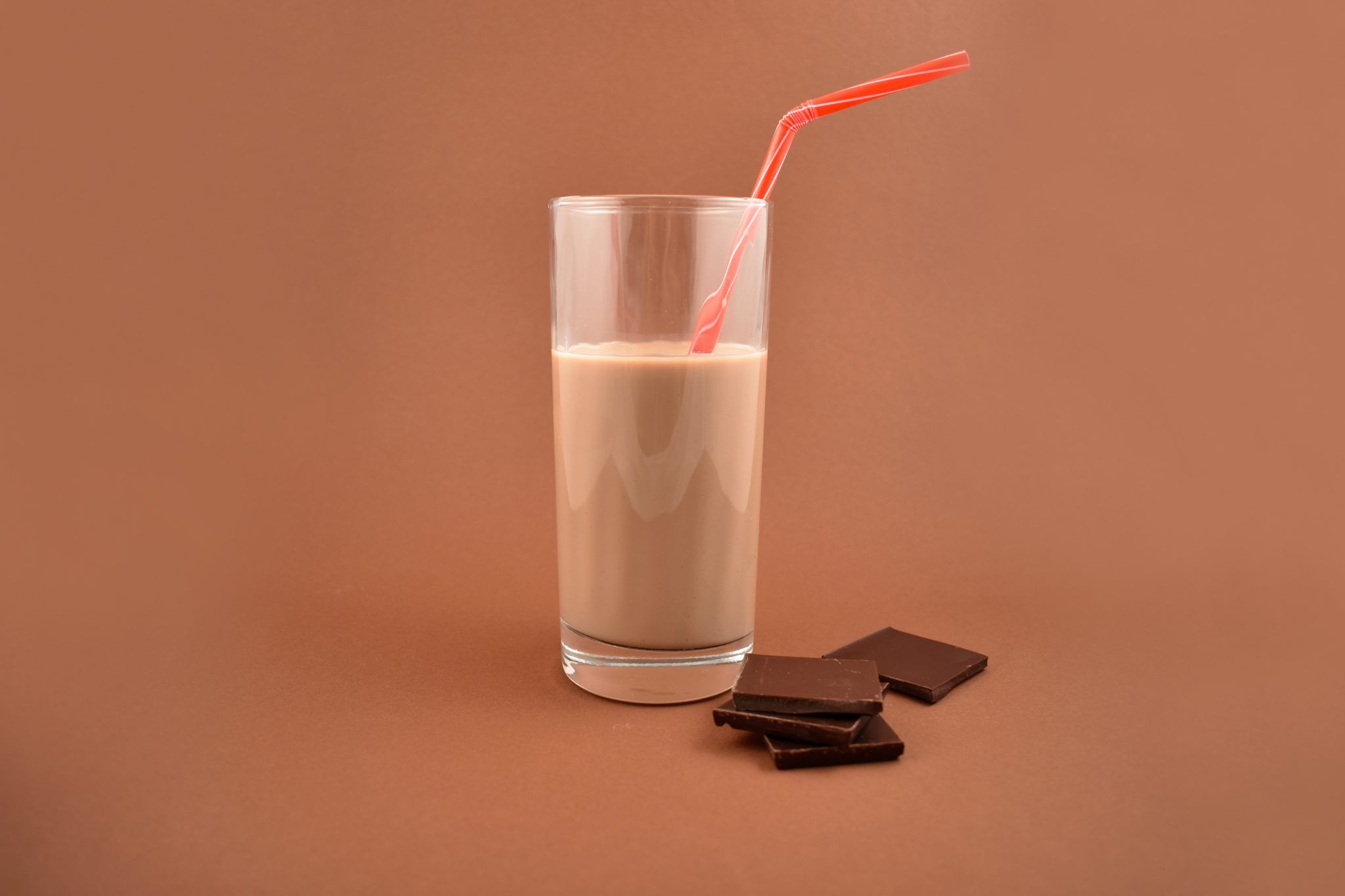Is milk actually bad for you?
Despite the scare stories you may have heard, there is little scientific evidence suggesting milk is unhealthy. Most claims saying so are anecdotal - someone's opinion and individual experience.
What's the problem with an anecdote?
The problem with an anecdote is that it's simply someone's experience, and hasn't necessarily been seen in a scientific study.
You might have a personal belief that milk made you ill. However, until that trend has been observed in a large, randomised, controlled trial it is difficult to accept as fact.

So what does the research say?
The overall consensus is that milk is safe - and actually quite beneficial for a variety of reasons.
In 2016, scientists from the University of Copenhagen reviewed all the research on dairy products and concluded that they can help you build muscle, lose weight, and even see a reduced risk of heart disease and strokes.
What's more, these studies confirmed what you've known since you were a kid - that milk builds strong and healthy bones.
Are any of the plant-based alternatives good for you?
Nowadays, there are a whole host of alternatives to cow's milk. Almond, cashew, soya - you name it. For anyone with a lactose intolerance, these fit the bill.
Kim Kardashian drinks camel milk -
a nutritionist told us whether that's beneficial for your body.
But there isn't a great deal of research. That's not to say they're good, or bad - just that their use needs to be observed in the lab before being recommended for any health purposes.

Milk as a sports drink
Your post-workout preference may be to opt for a protein shake, but there'd be nothing wrong with a large glass of milk either.
Even the chocolate kind, as a matter of fact. Milk contains a generous serving of protein, and ample amounts of sugar. Don't worry about the sugar - this is what you'll need post-workout in order to shuttle nutrients to your muscle cells.
You can even use milk as an isotonic drink. Surprisingly, BBC documentary
The Truth About Healthy Eating discovered it is the most hydrating drink of all - even beating water. This is likely due to its high level of electrolytes, sugar, calcium and protein.
Read more from JOE



